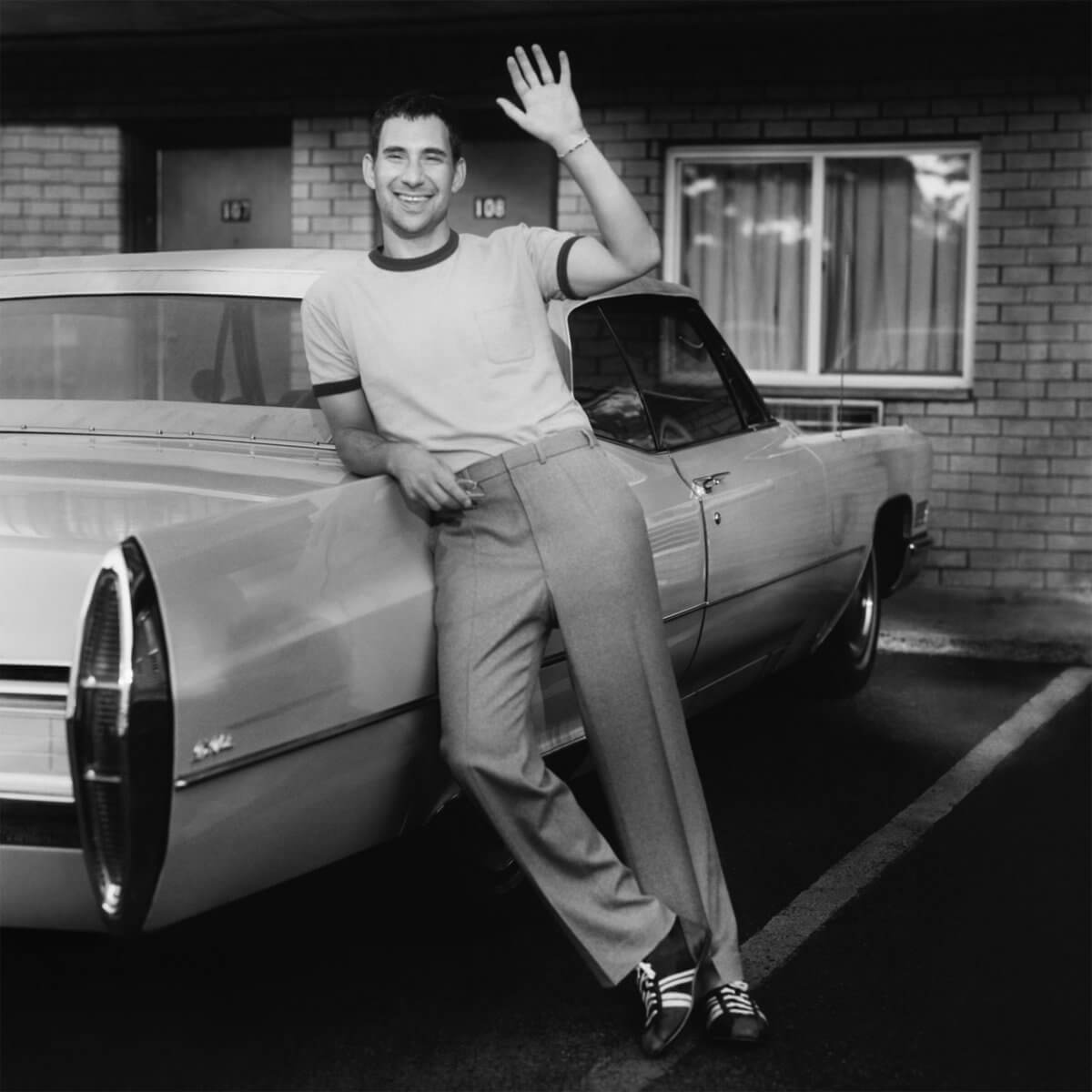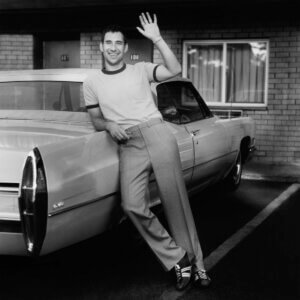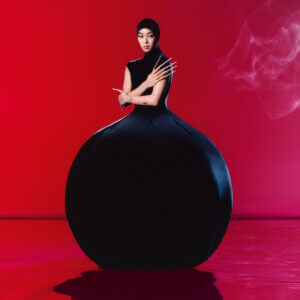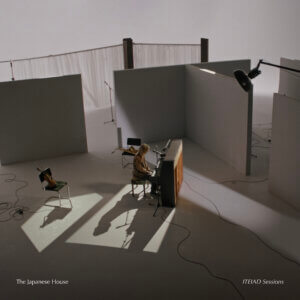
7.4
Bleachers
Bleachers
Much like Max Martin was in the early 2000s and 2010s, Jack Antonoff is a music producer whose style is so emblematic, he’s recognizable right alongside the singers on Grammys stage, accepting awards he helped earn. After working with, most notably, Taylor Swift, Lorde, Lana Del Rey, St. Vincent, he’s somewhat of a “pop music hoarder,” as he describes on “Modern Girl,” the lead single to his new album, the self-titled Bleachers.
Though his production doubles over on itself sometimes (think of the soft rock that fueled Lorde’s Solar Power, St. Vincent’s Daddy’s Home, and Lana Del Rey’s Chemtrails Over the Country Club), his own work is happily not one-note. Though a recognizable palette is formed over Bleachers, he experiments more than before — to mixed results. “Alma Mater,” featuring Lana Del Rey, is a slow-burn, skittering track about driving down the New Jersey turnpike and admonishing the fashion brand Balenciaga, whereas cuts like the aforementioned “Modern Girl” and “Tiny Moves” are all-out, pump-your-fists anthems Antonoff is most known for.
The best songs on Bleachers strike a delicate balance between the two, even though their subject matters are different than what he’s done before. Much of the album is written about Margaret Qualley, his now-wife: “Me Before You” slowly builds while recounting how Antonoff was without her: “My bed was a place for the lonely / Built it that way, came to think it was holy,” he says. “Tiny Moves” highlights his infatuation, singing of the earthquakes she causes unknowingly in Antonoff’s heart, and “Self Respect” gets desperate at its pleas for love, when he and guest star Florence Welch repeat: “I’m on my hands and knees, begging for you to kiss me.” In “Ordinary Heaven,” too, he sings about the pleasure of doing nothing with his partner, simply relishing her presence: “In ordinary Heaven / You dance around the apartment / And I just get… I just get to be there.”
Antonoff’s other major inspiration for the album is the death of his sister from brain cancer, when he was 18. Several songs reminisce about his childhood, the past — “Pour me a glass and I’ll tell you ‘bout our war-torn born and raised dumb,” he asks on the opening song. Elsewhere, his desires are more vague: he sings about seeing God in the surreal, and on “The Waiter,” he writes to himself urgently, who acts as a passive entity (“You got this notion that time’s gonna stop / That the winds are gonna change and tell you what you’re not.”)
Even though Bleachers is full of big anthems like “Modern Girl” and cheeky flirtations (“Call Me After Midnight”) there are times when he speaks about real topics and slows it down, to a vibe-changing degree. The playground chant-like “Hey Joe” seems to give hints to Antonoff as cultural critic as well as songwriter, mentioning Ken Burns, Marilyn Monroe and intergenerational trauma (“Father’s father called him ‘big man’ when he missed / It’s that 50’s type of shit that trickles down to the kids”). On “Self Respect”, too, he swings big and misses harder on an otherwise great song, mentioning the day that “Kobe fell from the sky,” or Kendall Jenner’s Pepsi ad fiasco, for no apparent reason. Even though “We’re Gonna Know Each Other Forever” and “The Waiter” showcase glimpses of great writing, the muddled autotune on both tracks make it difficult to take seriously, even if you can tell there’s great emotion behind Antonoff’s uncomfortable voice crack in the former.
Bleachers is somewhat incohesive but charming — and, at the very least, it’s interesting to see what pop’s buzziest and busiest producer wants to do when he’s unencumbered by the creative process of a different singer. The band’s fourth album is less anthemic, more thoughtful, but never short on ideas that make Jack Antonoff one of the most sought-after musicians.
Order Bleachers by Bleachers HERE
Latest Reviews
Tracks
Related Albums
Related News
Advertisement
Looking for something new to listen to?
Sign up to our all-new newsletter for top-notch reviews, news, videos and playlists.














